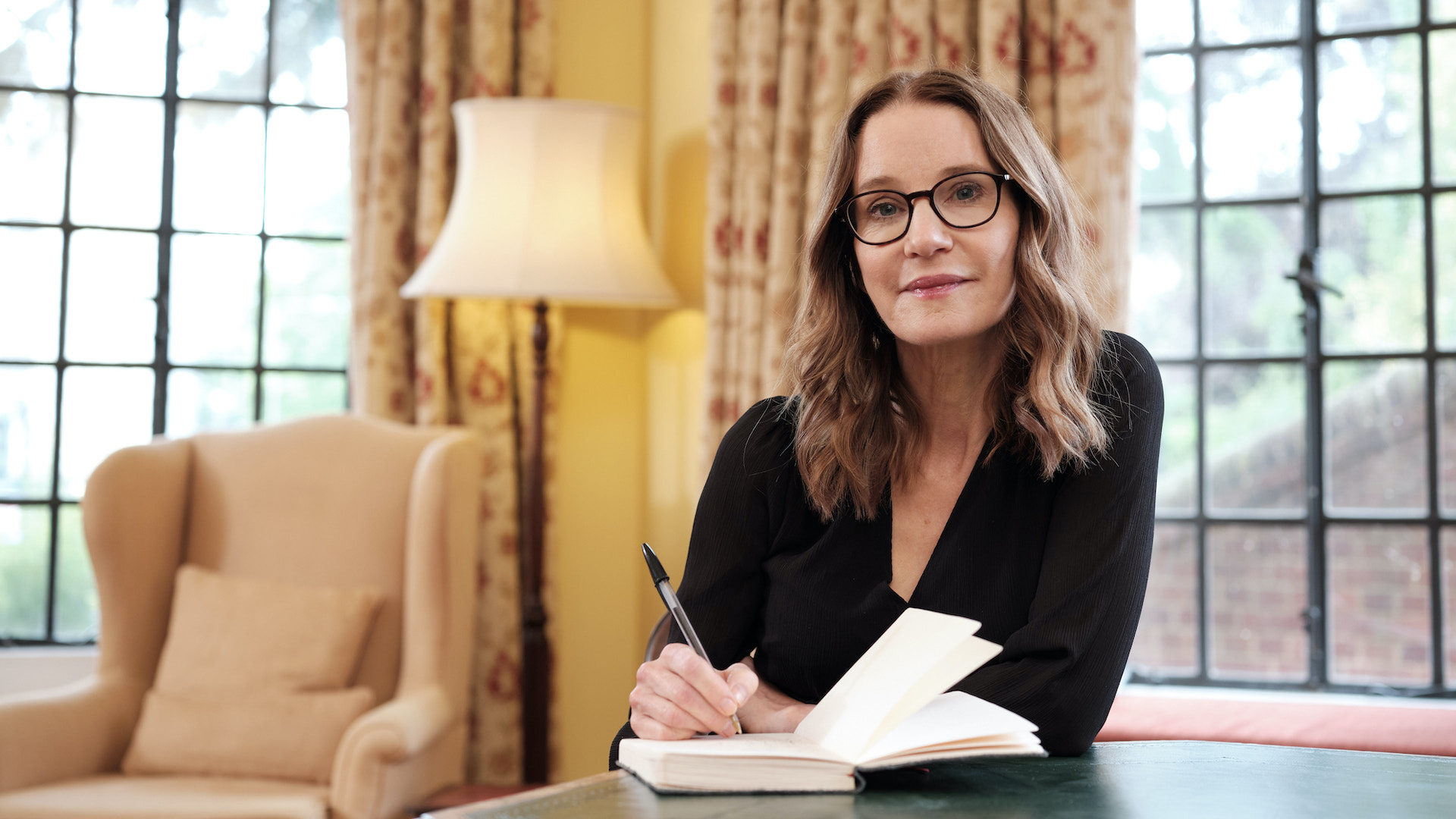“In this century we have seen highly derogatory labels like ‘chav’ come to the fore. When we try to categorise people with a single word, despite their vastly different experiences and voices, we risk stereotyping and dismissing them.”
The dictionary will be published next month to mark the 70th anniversary of the UN Refugee Convention, when the legal definition of “refugee” set out the rights of people seeking safety in other countries.
Mevan Babakar, deputy chief executive for fact checking charity Full Fact, was a refugee for five years after fleeing the Gulf war with her parents in the 1990s, before settling in London. She contributed her own definition to the dictionary: “A refugee is holding onto the idea that even in the darkest of times there will always be shining acts of kindness”.
UK for UNHCR is launching the dictionary with contributions from Maya Ghazal, the first female refugee pilot from Syria, actors David Morrissey and Tanya Burr, and Professor Helen Storey, artist and fashion designer.
“Your definition will be yours alone, born of your own experience,” Dent said. “I was really struck by one written by Maya Ghazal. It’s a reminder that any single one of us could be a refugee, if our situation or country of birth were different.
“Maya says: ‘A refugee is a human being with hopes and dreams like everyone else. A refugee can be anyone, like the pilot flying your plane – a pilot like me!’.”
Advertising helps fund Big Issue’s mission to end poverty
Dent’s own definition was inspired by the story of Namaat, an 11-year-old Syrian refugee, Dent told The Big Issue. “She has had to grow up so fast, becoming her family’s main carer, that her brother now calls her ‘Mama’ and she says she feels ‘100 years old’. Despite all of this Namaat is determined to educate herself and, with the help of UNHCR, to rebuild her life.
“My definition is: ‘A refugee is the mother who sees her child find their smile again, free of turmoil, full of hope.’”
The team behind the project wants refugees in Britain and those who know refugees as family as friends, as well as those who simply want to help highlight the diverse experiences of refugees, to get involved by sharing their stories before July 5.
“We hope this campaign will act as a reminder of not only the importance of supporting refugees and their rights, but also of what a positive impact refugees have made in our lives and in the history and fabric of our country,” said Emma Cherniavsky, the chief executive of UK for UNHCR.
Refugees helped into education by by the UNHCR added their own definitions to the dictionary, including: “A refugee is a good teacher, like a candle that consumes itself to light the way for others” and “A refugee is a trans man who simply enjoys the little things this life has to offer such as flowers and scents.”
Advertising helps fund Big Issue’s mission to end poverty
The Covid-19 has made people in the UK “intensely aware of borders”, Dent said, “defining the way we live and move around, the constant reality for refugees”.
“Not only are so many borders closed to them, but they have too often lost access to basic human needs such as water and sanitation,” she added. “We are all dealing with uncertainty, but for many refugees the anxiety about the future has never been more acute.”
The Refugee Dictionary will be unveiled on July 28.





